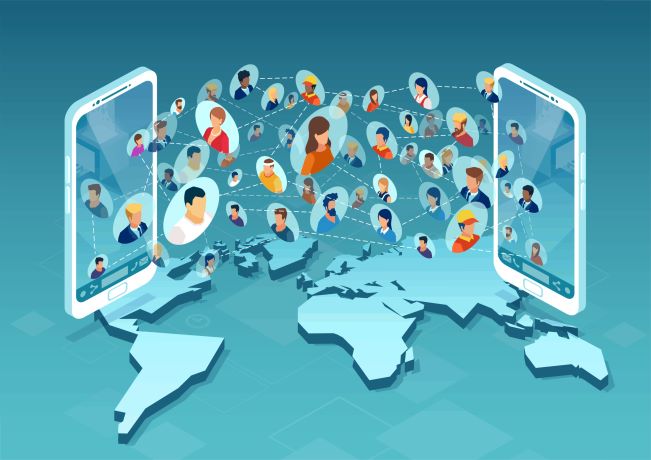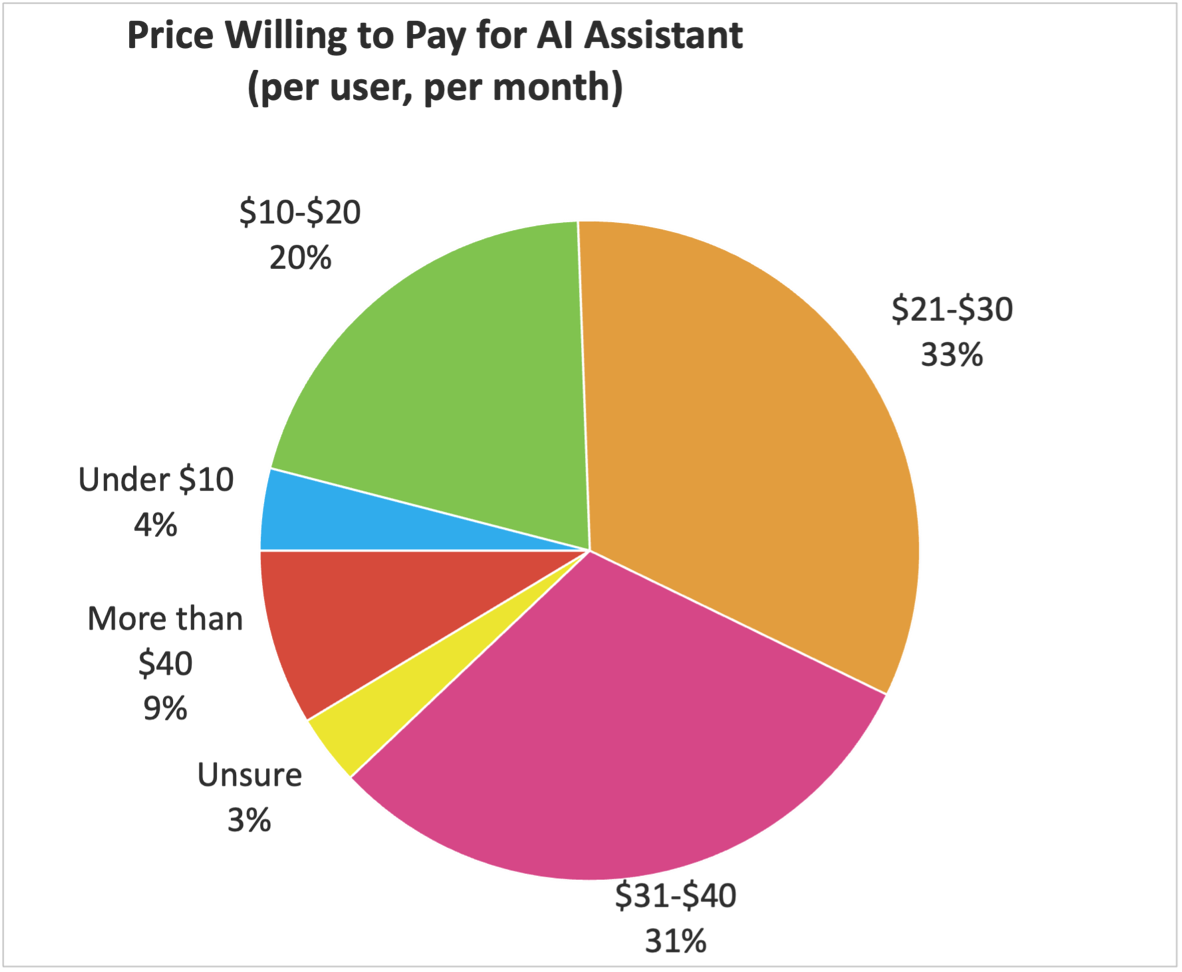As 2024 unspools, we’re certain to see generative AI as the persistent thread running through product announcements from collaboration application vendors, just as it will for employee experience platform providers, as I noted in my previous post. The implications of this technology are simply too big to ignore.
Generative AI for Collaboration
My colleague, Irwin Lazar, president and principal analyst for workplace collaboration technologies at Metrigy, sees generative AI as being nothing short of transformational in terms of how we collaborate and communicate in the next year and beyond. He points to many examples of generative AI-powered capabilities now available or coming from collaboration providers.
- For video meetings: Invited attendees, whether in attendance or not, could receive meeting summaries and recaps. Attendees joining late could receive notes to catch them up on what they’ve missed prior to signing in. Attendees who do not speak the language of the speaker or other participants could request auto-translation or transcriptions. Meeting hosts could get sentiment analysis on participant reactions and conversational input throughout a meeting.
- For team messaging: Employees could get assistance composing and modifying messages or receive summaries of messaging threads.
- For email: Employees could get writing assistance, including tone and style.
Generative AI, perhaps like no technology before it, has gone from general awareness to widespread familiarity and use in short order. In Metrigy’s December 2023 global research study on the total cost of ownership (TCO) of unified communications as a service, which includes meetings and messaging, 85.5% of 386 participating companies said they consider themselves “very familiar” with generative AI assistants.
This is a case in which company size does not matter; for this study, we gathered input from companies both large and small. However, most fell within the midsize range of between 251 and 2,500 employees, with the mean employee count at 1,651 and mean annual revenue of $3.05 billion.
Willingness to Pay for Gen AI
How quickly companies have come to understand generative AI assistants is interesting. But even more interesting is customer willingness to buy this capability. In our study, 88.3% of companies said they’d be willing to allow use of a generative AI assistant if free. The percentage drops very slightly to 86.0%, for those willing to pay for this capability. Of those willing to pay for generative AI assistance, 38.6% say they’ll do so for all employees and 47.4% for at least some employees.
This latter point begs the question, “how much?” This is especially pertinent considering that companies already are paying, on average, $406 per employee for their UCaaS licenses annually, according to our TCO study. This has put providers such as Google and Microsoft under fire for premium pricing of their generative AI assistants, with Google Duet and Microsoft Copilot each costing $30 per user monthly on top of what companies already pay for their communications and collaboration services. Comparatively, their collaboration competitors Cisco and Zoom each offer their generative AI assistants free for paid license holders.
Our study found that 63% of companies would be willing to pay in the range of $21 to $40 per user per month for a generative AI assistant for collaboration. Nine percent of companies in this study even said they’d be willing to pay more than $40 per user monthly (see the following chart).
This does place generative AI assistants such as Google Duet and Microsoft Teams Copilot well within the range of what most companies say they’d be willing to spend for this technology. But, that spending would still be incremental to what they are already paying for UCaaS. Whether a hardy spending appetite persists through 2024 remains to be seen. One thing is for certain, Metrigy will be closely tracking changing attitudes around collaboration use cases for this technology throughout the year and beyond.






